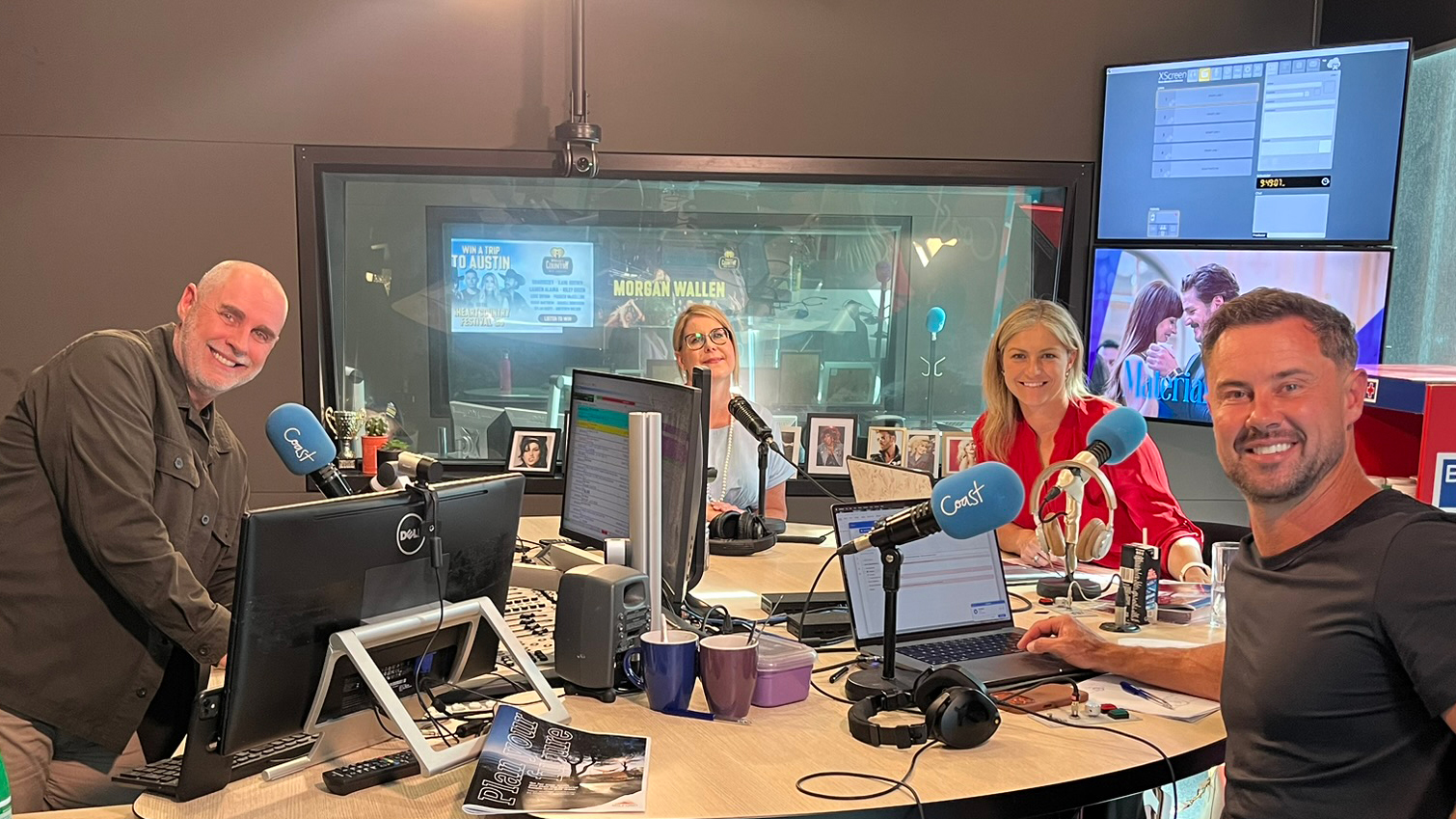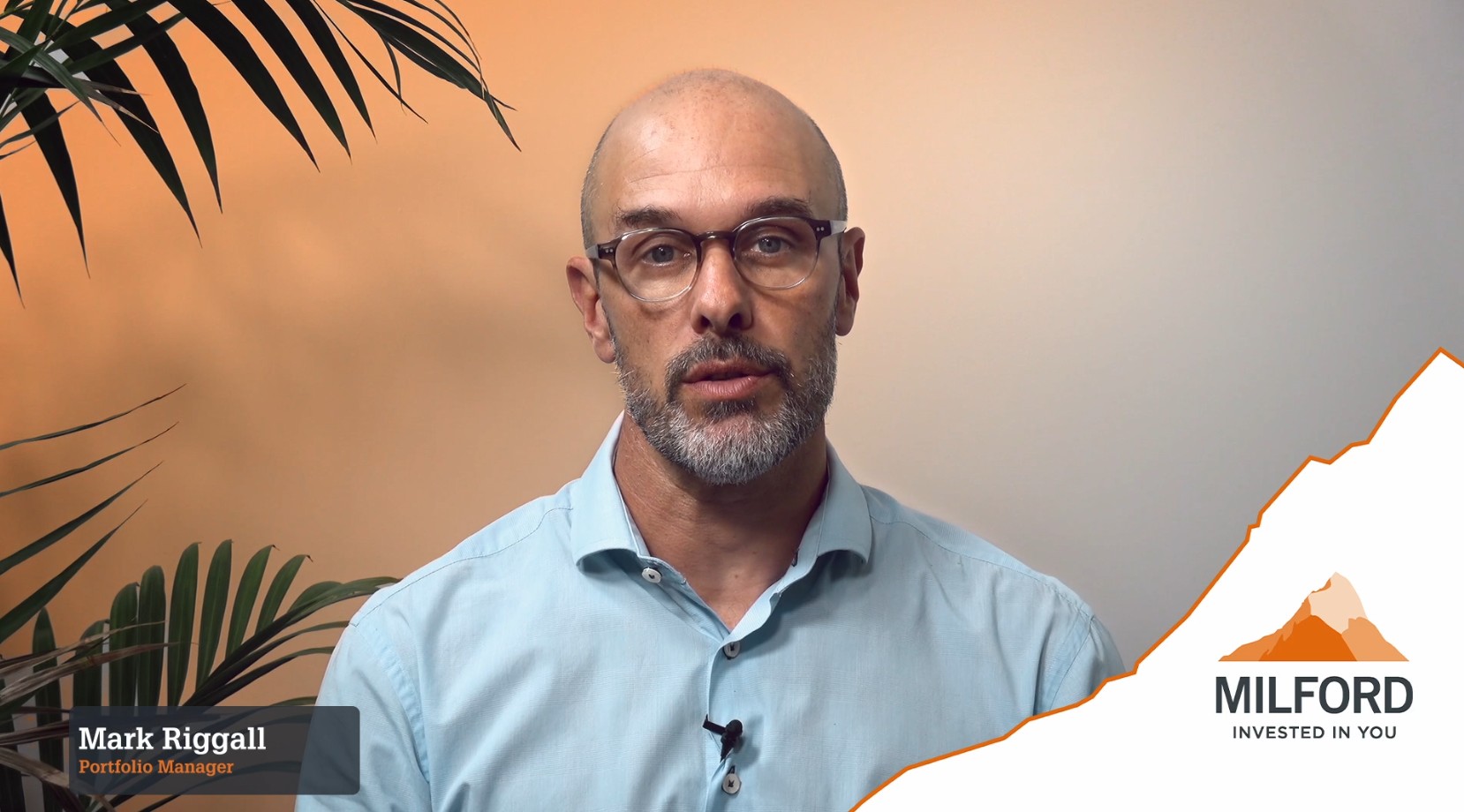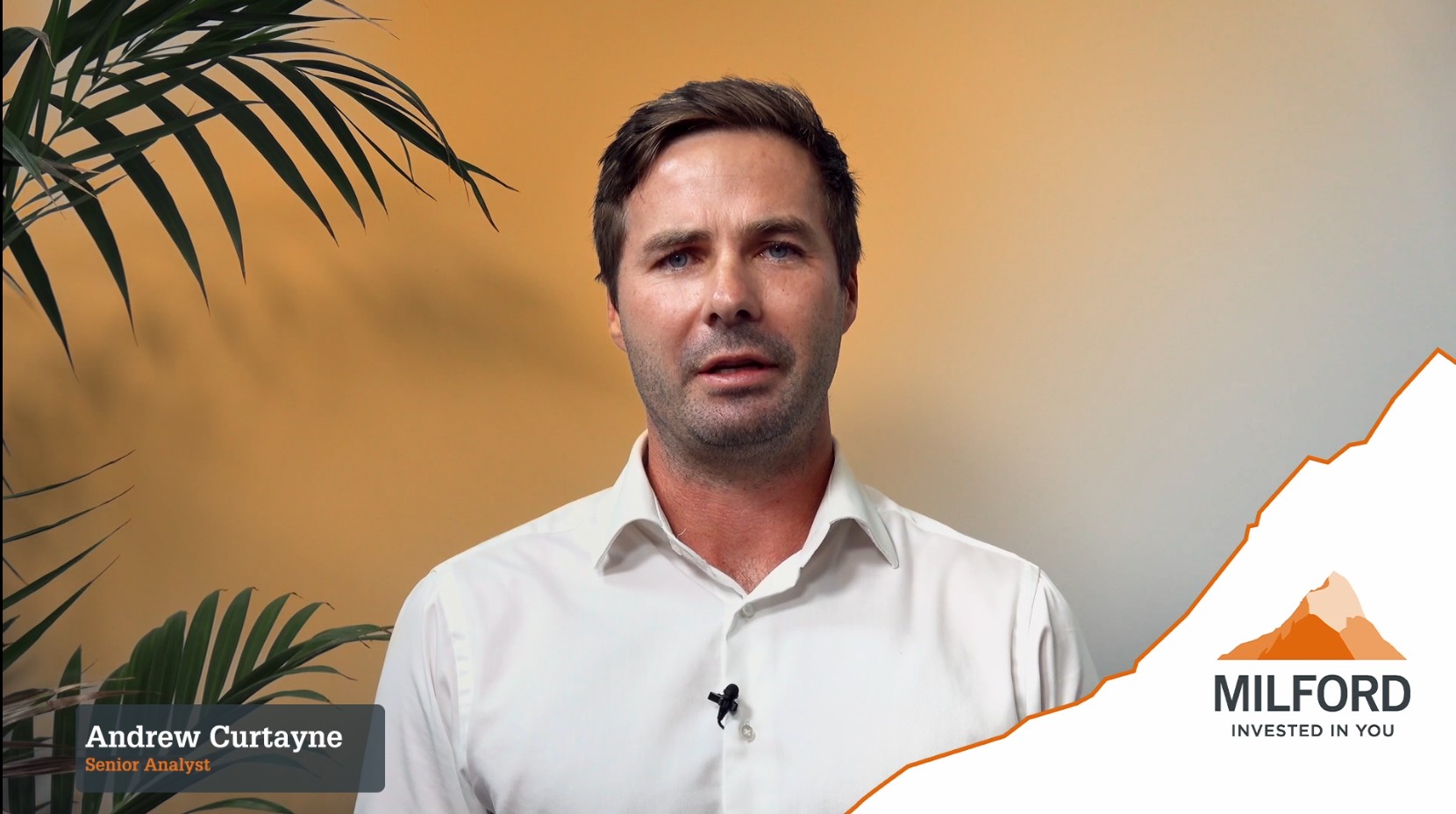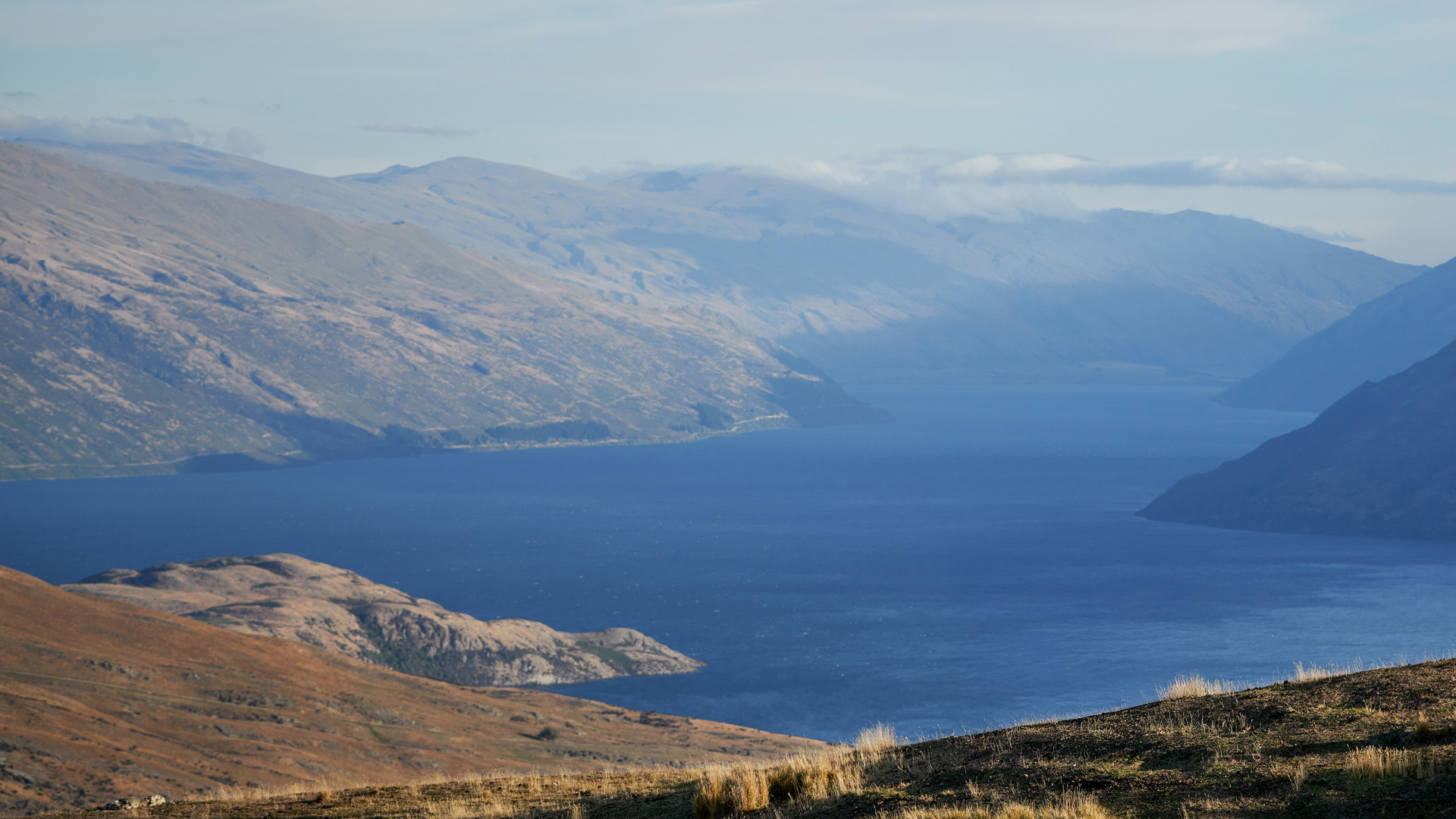

Is it time for a spring clean of your finances? Nicky talks about why now is a good time to assess where you’re at financially…

A busy summer – 2026 has started with a bang, with plenty of news flow and market moves to keep investors on their toes.

The most important company you may have never heard of. If you look around, chances are there would be multiple TSMC products sitting within hand-reach.

